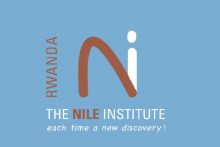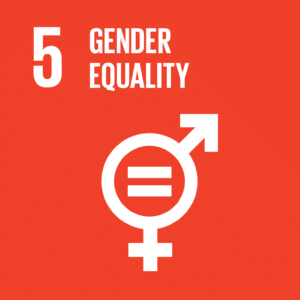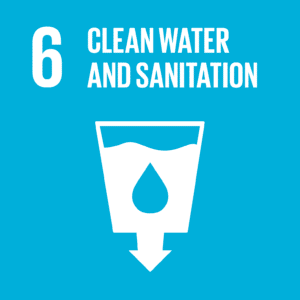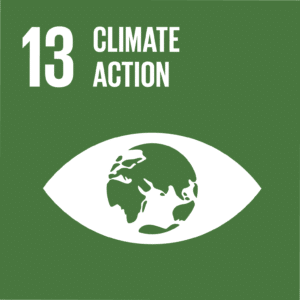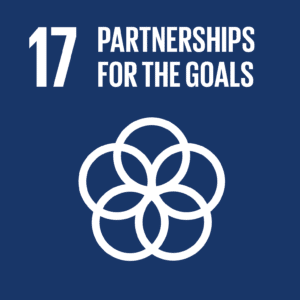Planning climate adaptation through environmental monitoring

Climate-resilient water management in Lake Tanganyika and Lake Kivu, East Africa
With 18% of the world's available freshwater volume, the basin of Lakes Tanganyika and Kivu holds global significance and serves as a source of socio-economic well-being for more than 12 million people. This basin provides drinking water, supports industrial and agricultural development, hosts one of the world's largest fish stocks, and is one of the richest biodiversity areas globally. Additionally, it serves as a crucial transportation route and offers opportunities for cross-border regional trade and investment.
In 2017, Lake Tanganyika was designated as the "most threatened lake of the year" due to numerous challenges it faces because of population growth and poverty. The local poor population is compelled to exploit natural resources for their livelihoods. Overfishing, unsustainable agricultural practices, deforestation, invasive species, pollution, and the impacts of climate change pose significant threats to the biodiversity and ecosystem of Lake Tanganyika.
The Lake Tanganyika Authority is developing strategic action plans, but requires an efficient tool to facilitate information sharing among various regions and countries to effectively carry out their task: an online environmental monitoring platform.
Transnational environmental monitoring platform for climate adaptive measures
An operational transnational environmental monitoring system for Lake Tanganyika and Lake Kivu is necessary to implement climate adaptive measures and ensure water quality, as well as the ecosystem services provided by Lake Tanganyika. These services are vital for the 12 million people directly reliant on these water sources, who are consequently threatened by the impacts of climate change.
In the initial phase, we will leverage existing knowledge and expertise by establishing a community comprising representatives from governments, academia, the private sector, and civil society. This community will focus on gathering knowledge, information, and data regarding the environment and ecosystem of Lake Tanganyika and Lake Kivu.
Specific, demand-driven capacity building will be provided for key members of the management bodies overseeing Lake Tanganyika and Lake Kivu. This training will focus on climate adaptation planning, monitoring water quality, understanding the relationship between water quality and climate change, deploying sensor networks for water quality assessment, and generating water quality maps based on remote sensing and satellite data.
To create an environmental monitoring platform that provides the desired and relevant information to a diverse range of users, an online demonstration platform will be developed. This platform will serve as a tool to collaboratively outline the building blocks and structure of the eventual environmental monitoring platform with stakeholders. Additionally, it will facilitate the development of a step-by-step and feasible roadmap for implementing the monitoring system for Lake Tanganyika. Intense collaboration with key stakeholders, governments, and various users is crucial throughout this process.
Capitan Taki will establish an engaged community for Lake Tanganyika and Lake Kivu, comprising representatives from governments, academia, the private sector, and civil society. Working closely with the Lake Tanganyika Authority, this community will gather existing information and knowledge, and devise a roadmap to make it accessible online through a transnational environmental monitoring platform. The capacities in environmental monitoring and the implementation of climate adaptive measures of involved managers, researchers, and authorities in the region will be strengthened.
Stay informed about the progress of this project and dive deeper into advanced techniques for water quality monitoring. Explore innovative insights in data analysis and remote sensing technologies by joining the webinar series on 27/02/2025, 06/03/2025, 13/03/2025 and 20/03/2025. More info >

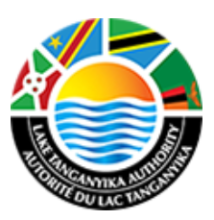


Would you like to know more about this project?

